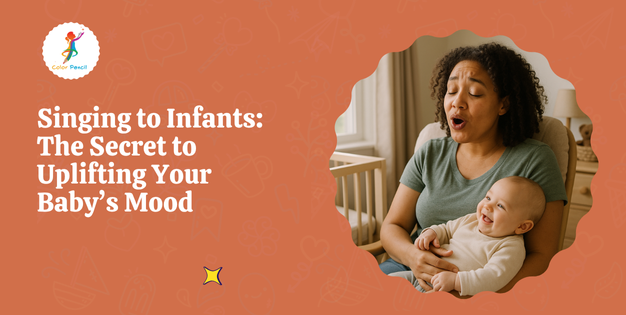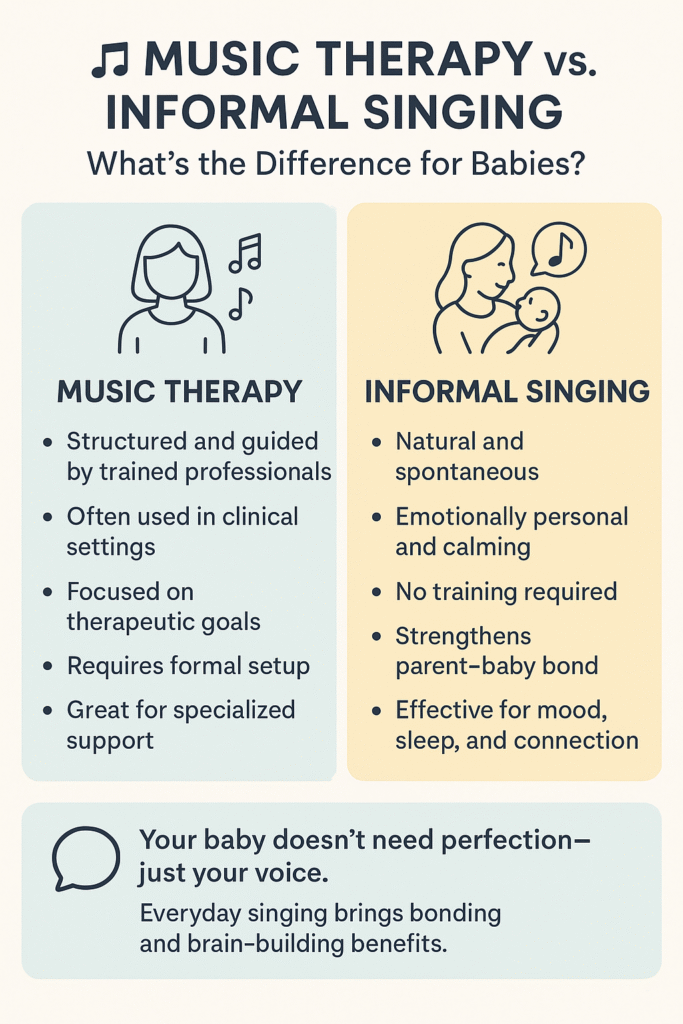
Top 10 Flashcard Combos for Holistic Toddler Learning
Did you know that up to 80% of a toddler’s brain develops in the first five years? As a parent, you’re likely eager to give

Whether you’re humming a lullaby during diaper changes or singing off-key in the car, those simple songs may be doing more than just filling silence. According to new research, singing to infants has real emotional and developmental benefits—and it might even be one of the most powerful tools in your parenting toolkit.
Let’s explore the science behind why babies love song, how it lifts their spirits, and the long-term impact of musical connection.

Babies are wired to connect—and music is one of the most effective ways to do it. When a parent sings, especially in a soothing tone, it creates a calm, secure environment that promotes emotional regulation.
Here’s why lullabies matter:
So if you’ve ever asked, why should a parent sing lullabies to their infant?—the answer is simple: because it comforts, connects, and calms. Singing lullabies strengthens the bond between parent and child, and it’s a wonderful way to support vocabulary development. Learn more about how singing to infants boosts bonding and vocabulary to create a deeper connection with your baby.
A new study shows that singing to infants not only supports bonding and brain development—it improves their mood. Babies who were sung to displayed more positive emotions, calmer body language, and increased attentiveness compared to those who were only spoken to.
Key benefits of singing to babies include:
It’s not just cute—it’s cognitively enriching.Research shows that singing not only enhances mood but also improves your baby’s emotional and speech development. Find out how baby babble and heart rhythm are linked to early development and learn more about how your baby’s communication evolves through sound.

You don’t need to be a professional musician or enroll your baby in music therapy to reap the benefits. In fact, informal singing—what most parents do naturally—is often more effective because it’s emotionally personalized.
Music therapy typically involves structured, therapeutic goals guided by trained professionals. While it’s beneficial, especially in clinical settings, your everyday lullabies provide what your baby needs most: your voice.
So when comparing music therapy vs. informal singing, remember that casual, joyful, real-time singing still offers all the bonding and mood-boosting benefits—no formal training required.

Let’s break down the key advantages of singing to infants from a developmental standpoint:
These are just a few of the benefits of music for babies, especially when the songs come from a loving, familiar source—you.
You don’t need a perfect voice—just a present one.
Your baby doesn’t care if you’re in tune. They care that you’re connecting. Singing offers your child a sense of safety, warmth, and rhythm—all of which help shape their developing brain.
Looking for a way to introduce music in a playful and enriching way? Try watching and singing along with your baby using this sweet, song-based video from Color Pencil TV.
Title: Twinkle Twinkle Little Star with Animals | Color Pencil TV
This calming, animal-themed rendition of the classic lullaby is perfect for quiet bonding moments, bedtime routines, or any time your baby needs a little musical comfort.
Singing along helps reinforce rhythm, attention, and emotional connection—all while introducing your child to the soothing power of music.
Feeling Overwhelmed? Let’s Talk! Join Our Parent Forum and Get Expert Advice & Support!
Singing improves mood, promotes bonding, supports language development, and helps with emotional regulation.
Yes. Soft, repetitive lullabies can signal to your baby that it’s time to relax and wind down.
Informal singing is casual and spontaneous, while music therapy is structured and guided by professionals. Both are beneficial, but informal singing is ideal for daily bonding.
Absolutely. Your voice is comforting and familiar—it’s more about connection than perfection.
From birth—or even before. Babies begin to recognize sound patterns in utero, making your voice a familiar comfort right from the start.